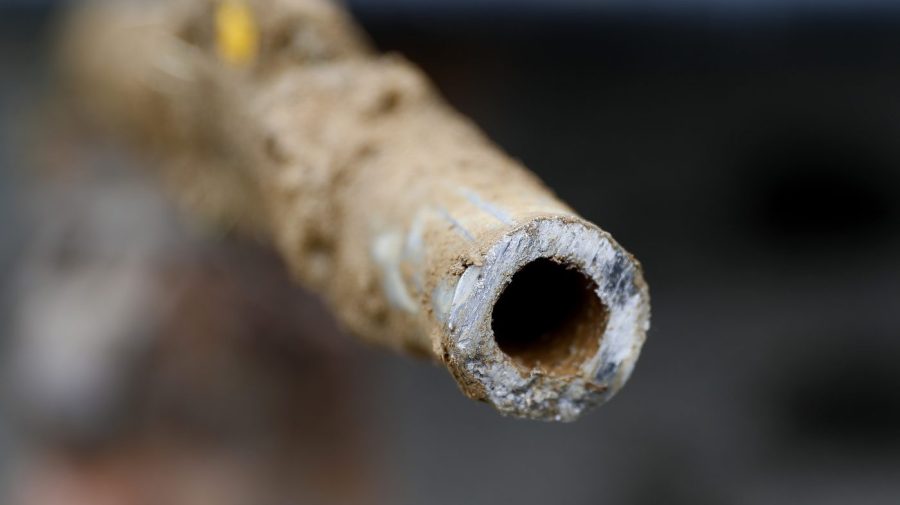While Victor Meldrew was a cantankerous caricature, humans are known to become less social as they get older. Now researchers say we are not alone with many animals behaving in the same way – and the trait is not always a bad thing.
Experts studying animals from wild deer to insects, monkeys and birds have revealed a host of insights into the relationship between age and social connections.
“Overall, it’s looking like there’s a very general pattern of individuals becoming less social with age,” said Dr Josh Firth from the University of Leeds, adding the research also explored possible causes and consequences, as well as showing that the trend not only has costs but benefits, too.
Firth said it was possible older individuals were less socially connected because they did not need to share information in the same way as younger individuals did, while the approach could also help them dodge infections – something that could be important if their immune responses become less robust with age.
“As such, while it is certainly [worth] still trying to mitigate the obvious disadvantages that might come with people reducing their social connections as they age, we should also consider the potential benefits,” Firth said, adding that new technologies – such as virtual interactions – could help humans get the best of both worlds.
As an editor of a new series of 16 papers published as a special issue of the journal Philosophical Transactions of the Royal Society B Biological Sciences, Firth said studying how animals changed their social behaviour as they aged had benefits as scientists can often follow animals over their entire life course and carry out experiments – both of which are difficult in humans.
In one study, researchers analysed data for more than 150 different species, finding that species that are more social live longer, have longer generation times and longer reproductive windows.
In another, researchers analysed six years of data for house sparrows, finding older birds had smaller social circles and were less well connected – apparently because peers of the same age die as they get older. By contrast, a study looking at common terns unpicked a genetic contribution to age-related social changes.
And while a decline in connections is often seen as negative, at least for humans, it can also bring benefits: a modelling study based on observed social interactions in rhesus macaques found older animals could reduce their risk from diseases that were particularly severe for their age group by being less connected in their social networks.
Another study, co-authored by Firth and looking at parasitic worm infections in wild adult female red deer, pointed to similar conclusions.
“We found that in general, you’re more likely to get infected by these nematodes as you’re growing older, but you can offset that by not interacting with as many individuals,” he said.









